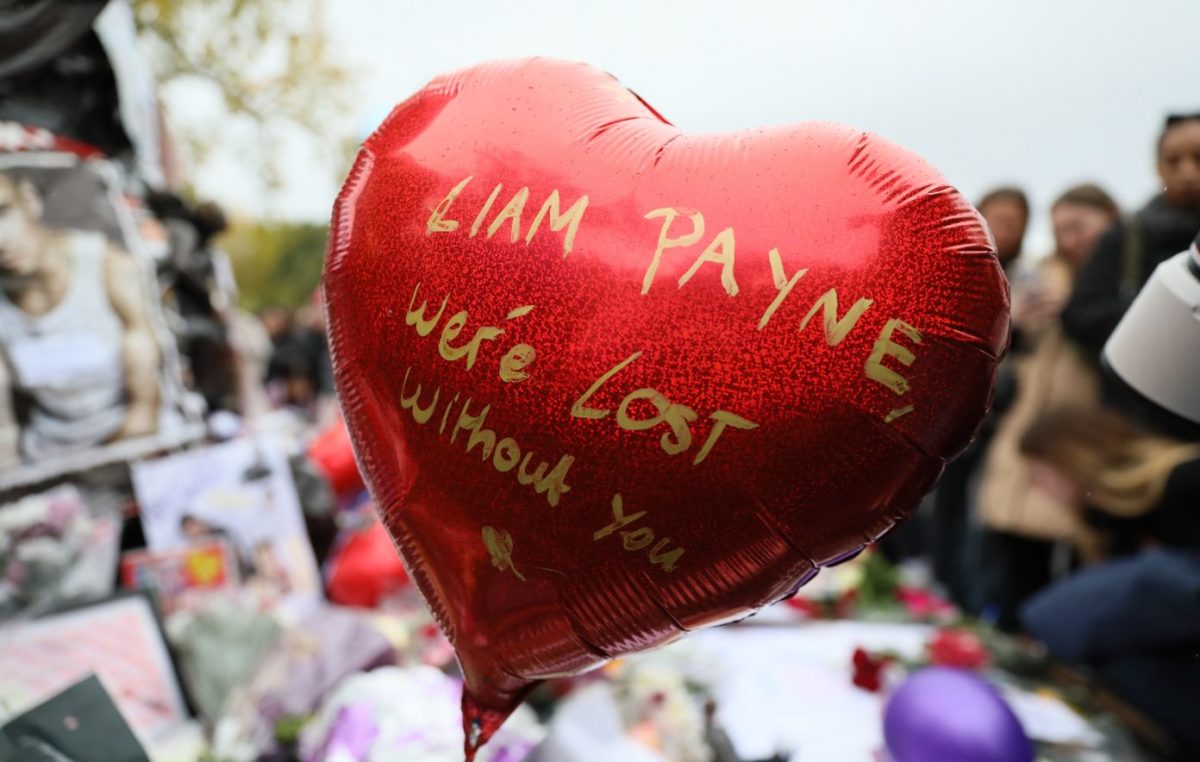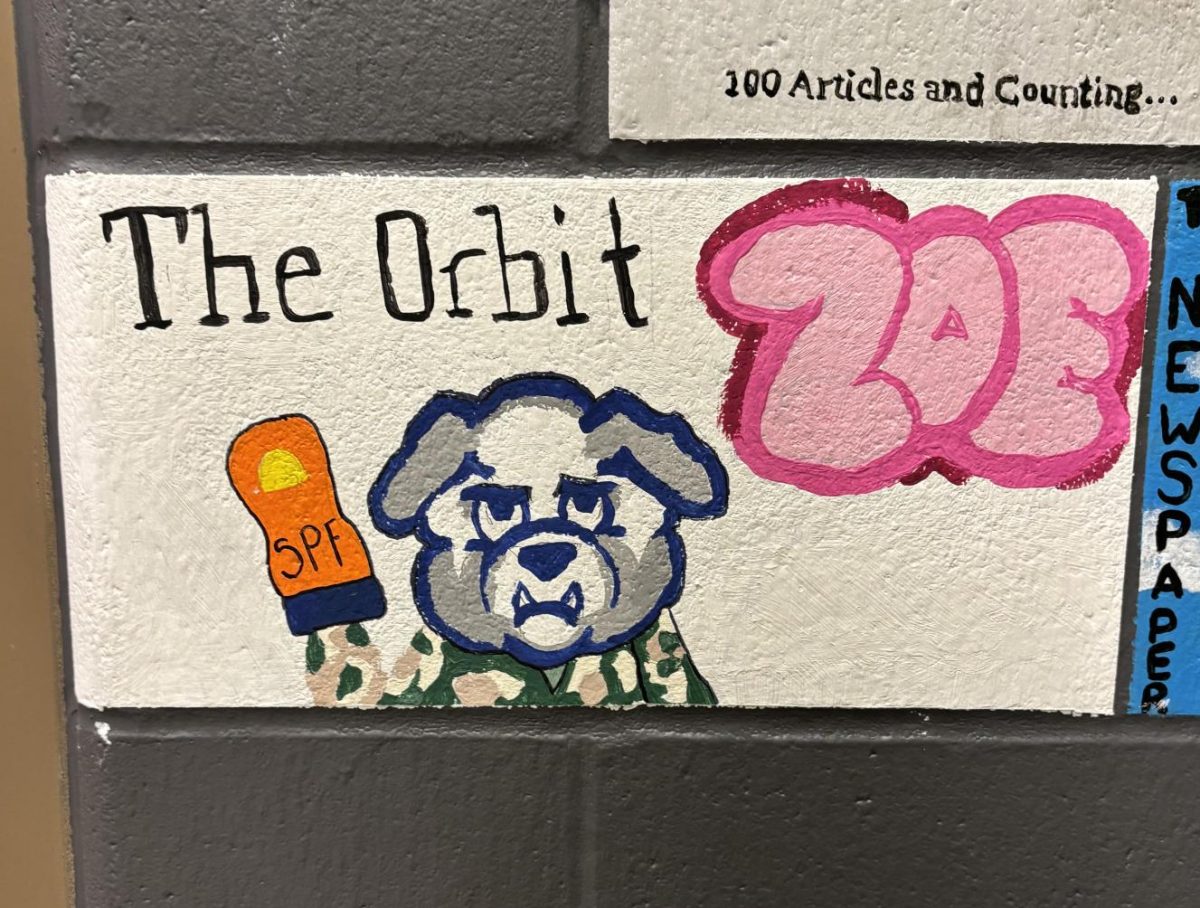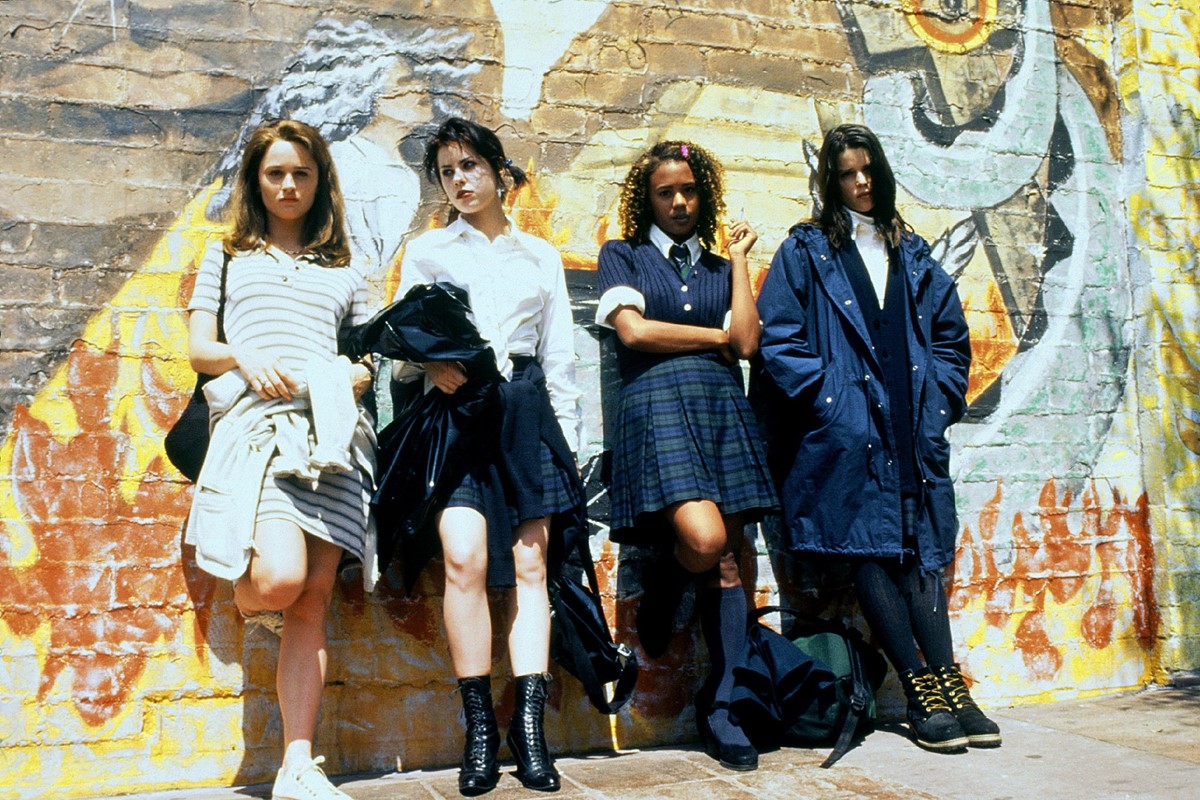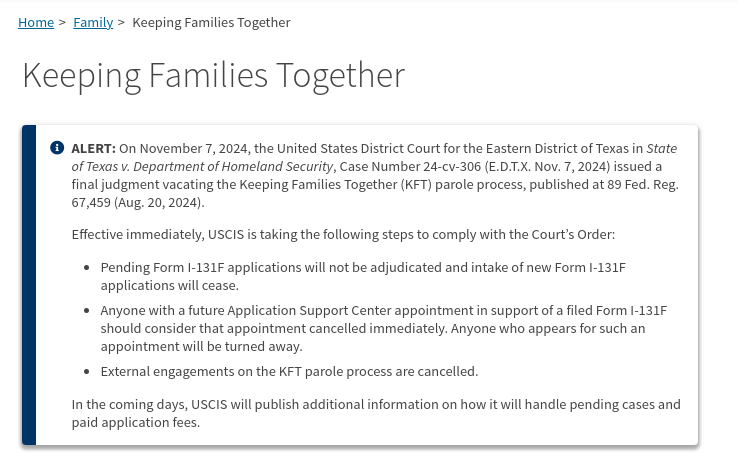The recent death on Oct. 16, 2024, of singer and former boy band member, Liam Payne, prompted an unforeseen amount of grief around the world from fans. As fans navigate this grief, a question is posed of how fans are impacted by celebrity deaths despite never truly knowing them: when is it too far?
Within this article North Polk alumnus, Danica Avery, who has a long-time connection with fan bases, specifically as a Directioner (the self-proclaimed name of the One Direction fan base), expressed her thoughts on Paynes passing as a fan.
“My experience with grieving Liam Payne has a very weird feeling. I’ve had moments where I don’t quite understand why I’m so upset over the death of a person I’ve never met. But I have a lot of history with Liam in my life, and I had always one day hoped to tell him everything. Knowing I’ll never be able to thank him has had a big effect on my grief. And I think many other fans feel this same way because we all grew up with him. Some people have even said that we are grieving our childhood, which I feel is the perfect way to look at it, especially for the people who don’t quite get why it can be so difficult to meet someone you’ve never met,” Avery described.
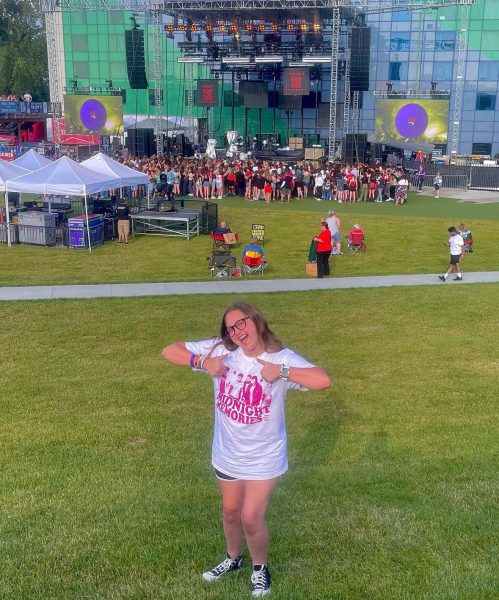
As many fans like Avery navigate through their sorrow many outside of the fandom struggle to understand why people are so affected by these losses and how having a “connection” to celebrities is not always a senseless feeling,
Avery explained, “[a] lot of the times when fans are so connected to celebrities, it’s because that person has a way of understanding them. While not personally knowing them, the work that they create, makes people feel less alone with stuff that they are going through.”
A connection to a celebrity may seem nonsensical to some, however, any kind of coping system is a better alternative to possibly hurting oneself, and if a celebrity can help someone then it is not nonsensical at all.
Avery explained this concept as “[e]veryone has a role model, but fans definitely look up more to the person they support. Not everyone has those good people in their life to look up to, so celebrities become the person they can hold onto. And because of this, a celebrity could be the very reason a person is alive.”
When a celebrity passes away it is not only a tragic event for the people who knew the person but also a larger audience is affected in an unimaginable way. When one enters the public eye their whole life becomes an object of entertainment and when fans use a celebrity life as described above these deaths have a major impact.
“Fans can be impacted by celebrity deaths in many different ways. Some people see the news and are sad but not devastated. While others will find out and go into a life slump, isolating themselves from the world,” Avery divulged.
While a connection to celebrities may be beneficial to mental health in theory, when too high a level of attachment is created it can be seen to become very unhealthy very quickly.
Regarding these specific situations, Avery expressed, “[she] believe[s] that an unhealthy relationship starts when the person’s whole entire life revolves around the celebrity. And a lot of people who get to this point, become stalker-like, as they will follow the person around or show up to private events, such as a wedding or funeral.”
The concept can occasionally be described almost as a parasocial relationship which can be incredibly harmful to a person.
In an article for Medical News Today written by Lauren Martin she wrote that a parasocial relationship can be described as “[e]xtending beyond the viewing experience, a person may think and talk about the media persona as though they were a close friend. They may feel that they know and understand the media figure personally even though the connection does not involve direct contact.”
Parasocial relationships are a very different concept than being just a fan of a person and the line between the two may be unclear for people who strongly admire a celebrity.
Martin described the difference between a fan and a parasocial relationship as “[a] fan is someone who admires or is interested in somebody or something, such as a film or sports team. A fan may show loyalty, enthusiasm, and devotion to a person and their work. A public figure may inspire a fan to create meaningful work or stand up for a cause. However, unlike someone in a parasocial relationship, a fan does not feel that they have a relationship with the media figure.”
A connection versus an attachment to celebrities is how celebrities turn from role models to an obsession, and the death of Payne showed many the importance of boundaries and healthy coping.
Avery summarized, “[she] feel[s] it can be very harmful to be so attached to celebrities. People have a tendency to put them on a pedestal and make their whole life revolve around the celebrity. This can have a big effect on someone if the person they are so attached to does something wrong or passes away unexpectedly. And while it’s okay to grieve, being so attached to a celebrity who dies can make a person become very isolated from the world.”

